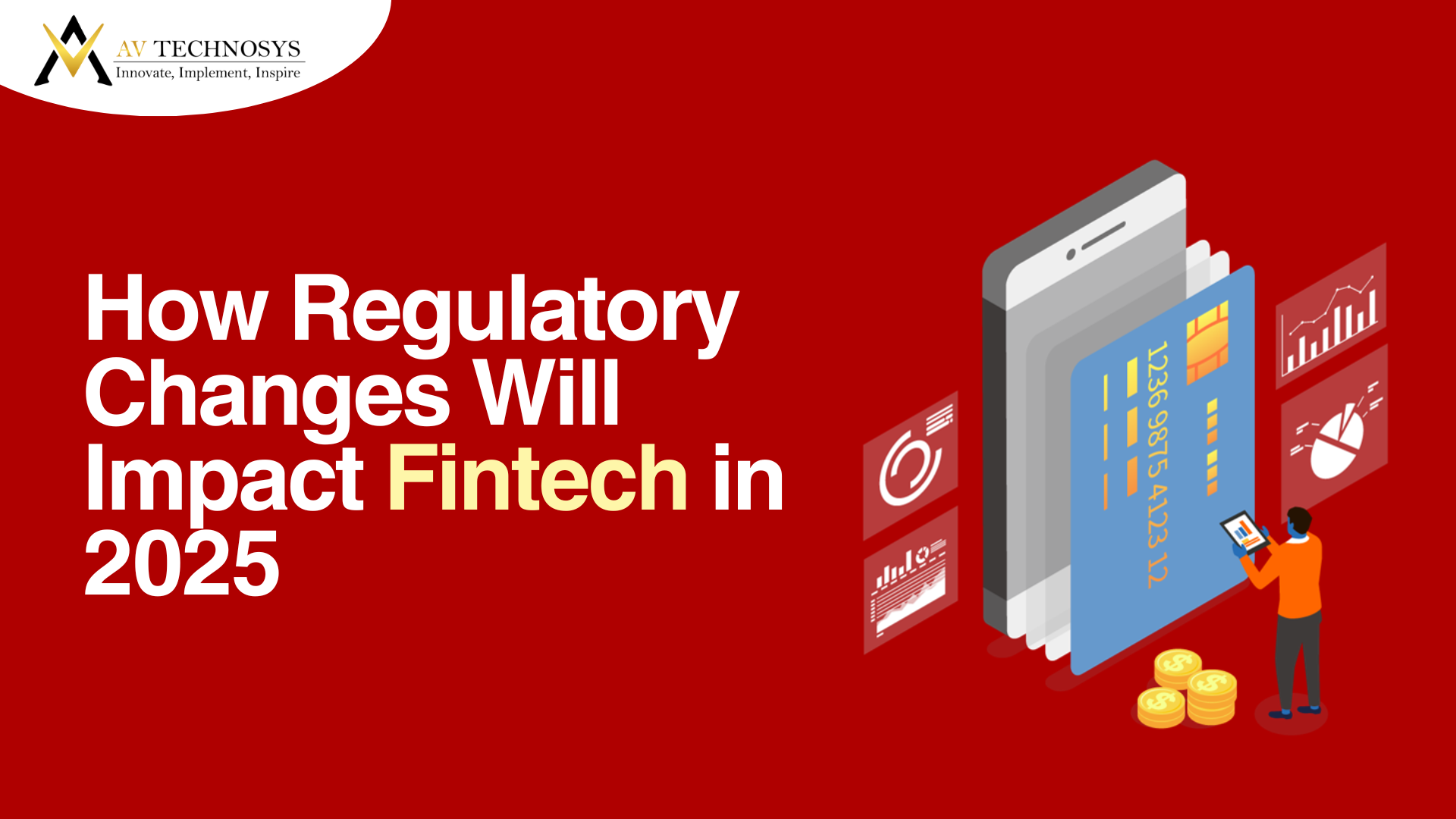CRM for Job Portals: Everything You Need to Know
Discover how CRM systems transform job portals by streamlining communication, automating workflows, and improving candidate-employer engagement.


E-commerce
The job market has become intensely competitive and dynamic, and job portals today do much more than just connect candidates with employers. They act as complete ecosystems for talent acquisition, engagement, and management. Amid this transformation, one tool that’s quietly revolutionizing the way job portals operate is the Customer Relationship Management (CRM) system.
A CRM for job portals helps streamline every step from lead management to candidate communication, employer follow-ups, and performance tracking. In this blog, we’ll explore how CRM systems empower job portals, their features, benefits, and the roadmap to building or integrating one.
1. What is a CRM in the Job Portal Context?
CRM, or Customer Relationship Management, refers to software designed to manage interactions with customers, leads, and stakeholders efficiently. In the case of job portals, “customers” can mean:
Job seekers (candidates)
Employers or recruiters
Internal teams (sales or support)
A job portal CRM acts as a centralized system that tracks all interactions between these parties. It stores candidate information, application history, employer preferences, communication logs, and follow-up reminders in one place.
For instance, if a recruiter posts a job, the CRM can automatically match it with relevant candidates, send notifications, and track responses. Similarly, it can alert the sales team when an employer’s subscription is about to expire or when a lead shows interest in premium listings.
2. Why Job Portals Need a CRM System
Job portals handle large volumes of data candidate profiles, employer accounts, job listings, and transactions. Without an organized system, this information often becomes scattered, leading to missed opportunities and inefficient workflows.
Here are key reasons why CRMs are vital for job portals:
a. Streamlined Communication
CRMs enable seamless communication between candidates, recruiters, and support teams. Automated emails, chat integrations, and status updates keep everyone in the loop.
b. Data Centralization
Instead of managing multiple spreadsheets or tools, a CRM consolidates all data, from candidate resumes to employer interactions, into a single unified dashboard.
c. Improved Lead Management
For portals that sell premium listings or employer plans, a CRM helps manage leads effectively, tracking who’s interested, when they were contacted, and what follow-ups are due.
d. Enhanced Candidate Experience
With automated follow-ups and personalized communication, candidates feel more valued and informed during the hiring process.
e. Analytics and Insights
CRMs generate detailed reports about hiring trends, candidate engagement rates, and employer activity, helping portal owners make data-driven decisions.
3. Key Features of a Job Portal CRM
When developing or choosing a CRM for your job portal, it’s essential to focus on features that suit your ecosystem. Below are the core functionalities every job portal CRM should have:
1. Candidate Management
Store and organize candidate data (profiles, resumes, application history)
Automated job matching based on skills, location, and experience
Candidate activity tracking (views, applications, messages)
2. Employer/Recruiter Management
Track employer details, job postings, and package subscriptions
Manage communication and renewal reminders
Employer performance analytics (response rate, job visibility, etc.)
3. Lead and Sales Tracking
Capture potential employer leads
Monitor the sales pipeline for premium packages
Automate notifications for upcoming renewals or abandoned leads
4. Communication Tools
Integrated email and SMS automation
Personalized message templates for employers and candidates
Chatbot or WhatsApp integration for quick responses
5. Dashboard and Analytics
Visual dashboards to track daily activity
Reports on job postings, candidate engagement, and employer conversions
Forecasting tools to plan marketing and sales strategies
6. Integration Capabilities
Integration with job boards, LinkedIn, or ATS (Applicant Tracking Systems)
Payment gateway connections for premium plans
API integration with AI-based resume screening tools
7. Automation Workflows
Automate candidate follow-ups, job alerts, and onboarding messages
Trigger-based actions for employer subscription renewals
Smart workflows that reduce manual work and human error
4. Benefits of CRM for Job Portals
Implementing a CRM brings multiple advantages to both job seekers and employers, along with better control for portal administrators.
a. Better Recruitment Efficiency
Recruiters can manage hundreds of applicants efficiently. A CRM categorizes, filters, and prioritizes applications based on set parameters, reducing time-to-hire.
b. Personalized User Experience
By analyzing user behavior, the CRM can recommend personalized job matches or employer suggestions, increasing user satisfaction and engagement.
c. Increased Revenue Opportunities
CRMs help identify potential upsell opportunities, such as premium job listings, resume visibility plans, or corporate accounts, boosting monetization.
d. Enhanced Collaboration
Different teams (marketing, support, and operations) can access the same data, improving internal communication and consistency in handling clients.
e. Better Decision-Making
With real-time insights and analytics, portal owners can monitor which industries or regions are trending, where to invest in marketing, and how to optimize conversions.
f. Automated Routine Tasks
From sending reminders to updating job statuses, automation saves time and allows teams to focus on strategy and growth rather than repetitive operations.
5. CRM vs. ATS: Understanding the Difference
Many people confuse CRM (Customer Relationship Management) with ATS (Applicant Tracking System), especially in the recruitment domain. While both systems complement each other, their purposes differ.
Feature | CRM | ATS |
Purpose | Manages relationships and interactions with leads, clients, and candidates | Tracks applications and recruitment workflows |
Users | Sales teams, marketing, and customer support | Recruiters and HR professionals |
Focus | Engagement, sales, and communication | Application tracking and candidate screening |
Example Use | Sending automated emails to employers or candidates | Managing job posting workflow and candidate interviews |
For a job portal, integrating both CRM and ATS creates a powerful ecosystem CRM for managing clients and communication, and ATS for recruitment operations.
6. How to Build or Integrate a CRM for Your Job Portal
Building a CRM for your job portal can follow two approaches: custom CRM development or integration with existing CRM platforms.
a. Custom CRM Development
If your job portal has unique workflows or requires deep integration with internal systems, building a custom CRM is ideal.
Steps:
Requirement Analysis: Identify goals e.g., managing employers, tracking candidates, or automating leads.
Feature Design: Define dashboard layout, automation workflows, and access levels.
Tech Stack Selection: Common technologies include Node.js, React, Python (Django/Flask), and MySQL.
Integration: Connect with APIs like LinkedIn, payment gateways, and job boards.
Testing & Deployment: Conduct thorough testing for scalability and security.
b. Integrating Existing CRMs
If you prefer ready-made solutions, platforms like HubSpot, Zoho CRM, Salesforce, or Freshsales can be integrated into your job portal through APIs.
Advantages:
Faster deployment
Regular updates and support
Cost-effective for small to mid-size portals
7. Use Cases: How Job Portals Benefit from CRM
Let’s explore some practical scenarios where CRM truly makes a difference:
1. Lead Tracking for Employer Sales
A CRM notifies your sales team whenever a new employer signs up or shows interest in premium services, ensuring no lead goes cold.
2. Candidate Engagement
Automated job alerts and personalized notifications keep candidates active and returning to the platform regularly.
3. Subscription Renewal Management
For paid employers, CRMs can send reminders before plan expiration and offer automated renewal discounts to boost retention.
4. Performance Analytics
Admin teams can view which employers post the most jobs, which industries are trending, and how user activity fluctuates weekly or monthly.
8. Future of CRM in Job Portals
With AI and data analytics shaping digital recruitment, the future of CRMs in job portals is even more promising.
Here’s what’s next:
AI-driven Matching: Smart CRMs will recommend best-fit candidates based on skills and previous job patterns.
Predictive Insights: CRMs will forecast hiring demands and market trends using machine learning.
Chatbot Integrations: Real-time candidate support and lead nurturing through conversational AI.
Omnichannel Experience: Unified communication across email, WhatsApp, LinkedIn, and in-app chat.
These innovations will make CRMs not just a management tool but the strategic backbone of every modern job portal.
Conclusion
In today’s fast-evolving recruitment landscape, a CRM system isn’t optional it’s essential for any job portal that wants to scale efficiently, deliver personalized user experiences, and optimize business performance.
From streamlining communication and managing leads to automating operations and generating deep insights, CRMs empower job portals to stay competitive in an increasingly digital market.
At AV Technosys, we specialize in building custom CRM solutions for job portals that help businesses simplify recruitment, boost engagement, and achieve measurable growth. Whether you’re developing a new platform or upgrading an existing one, our experts can design a CRM tailored to your business goals.
Ready to transform your job portal with a powerful CRM system? Contact AV Technosys today and take the first step toward smarter recruitment management.
FAQs on CRM for Job Portals
1. What is a CRM in a job portal?
A CRM (Customer Relationship Management) in a job portal is a system that manages interactions between candidates, employers, and the portal’s internal teams. It helps organize data, track leads, automate communication, and improve the overall hiring and sales process.
2. Why do job portals need a CRM system?
Job portals handle large amounts of candidate and employer data. A CRM helps centralize this information, streamline communication, manage leads effectively, and provide valuable insights to enhance user engagement and conversion rates.
3. What features should a job portal CRM have?
A good job portal CRM includes candidate and employer management, automated workflows, integrated communication tools (email/SMS), analytics dashboards, lead tracking, and API integrations with job boards and payment systems.
4. How is a CRM different from an ATS (Applicant Tracking System)?
An ATS manages recruitment workflows like tracking applications and scheduling interviews, while a CRM focuses on managing relationships, communication, and sales. Job portals benefit most when both systems work together.
5. Can I integrate a ready-made CRM with my job portal?
Yes. Popular CRMs like Zoho, HubSpot, or Salesforce can be integrated via APIs to manage leads and client data without developing a new system from scratch.
6. How can CRM improve candidate and employer experience?
CRMs personalize communication, send timely updates, and ensure smooth engagement between candidates and employers. This improves satisfaction, retention, and trust in your platform.
📬 Get in Touch With Us
Name
Mobile No.
Message
Our Latest Blogs
Get the most recent information on trends, technology, and development insights.
View All Blogs

Ashish Bishnoi
07-05-2025
Discover how AI is reshaping fintech with key trends and real-world benefits driving innovation in 2025.

Veer choudhary
08-05-2025
Explore how new regulatory changes will shape the future of fintech in 2025 and beyond.

Veer choudhary
11-05-2025
Learn why fintech startups fail with real examples and key lessons to build smarter in 2025.
Our Technology Experts Are Catalysts for Digital Transformation
Book a Free call with Our Experts and Start Building the Future Today.

INDIA
238, 2nd floor, Purani Chungi,
DCM Road, Vaishali Nagar,
Jaipur, Rajasthan, 302017
+91 9983034111

UK
1-3 St Nicholas Street Worcester
WR1 1UW, United Kingdom
+44 7470994018

USA
15632 Lucy Lane ,
Frisco , TX , 75033
303-589-5158







